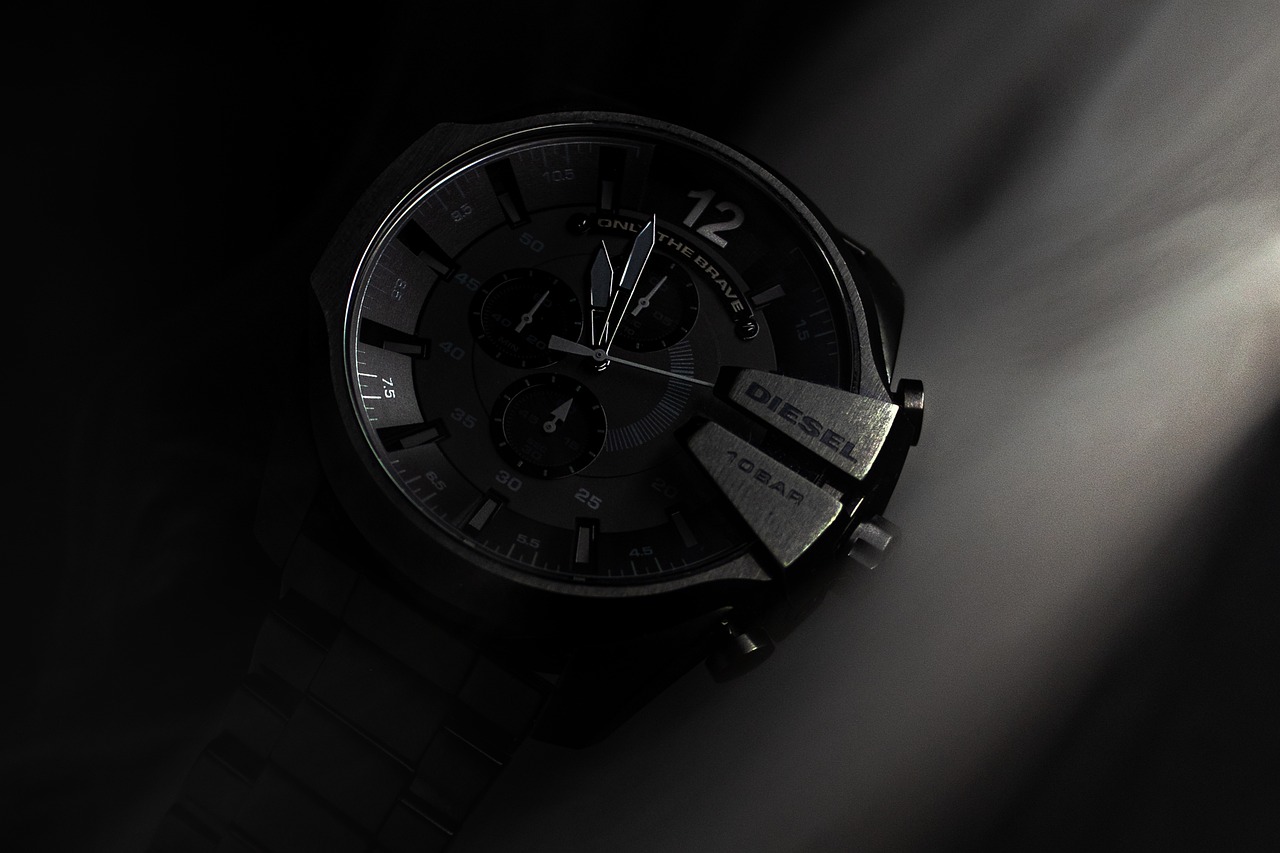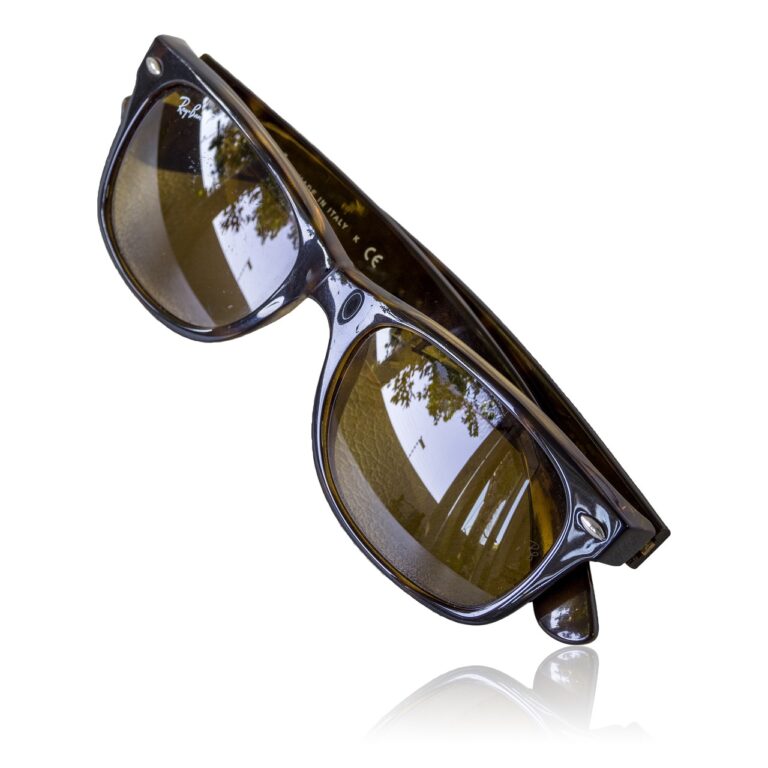Exploring the Influence of Japanese Minimalism on Fashion Trends: Betbhai.com exchange, Play99 exchange, Gold365 registration
betbhai.com exchange, play99 exchange, gold365 registration: Exploring the Influence of Japanese Minimalism on Fashion Trends
When it comes to fashion, Japanese minimalism has been making waves in recent years. This unique and simplistic style has captured the hearts of fashion enthusiasts around the world. From clean lines to neutral colors, Japanese minimalism has become a staple in the fashion industry. In this article, we will delve into the influence of Japanese minimalism on fashion trends and how it has evolved over time.
The Origins of Japanese Minimalism
Japanese minimalism traces its roots back to traditional Japanese aesthetics, such as Zen Buddhism and wabi-sabi. These philosophies focus on simplicity, balance, and the beauty of imperfection. This minimalist approach to life has been seamlessly translated into fashion, giving rise to a style that is sleek, modern, and effortlessly chic.
Key Elements of Japanese Minimalism
Japanese minimalism is characterized by clean lines, simple silhouettes, and an understated color palette. Neutral colors such as black, white, grey, and beige are often used to create a sense of calm and sophistication. Fabrics are carefully chosen for their quality and texture, with an emphasis on natural materials such as cotton, linen, and silk.
Another key element of Japanese minimalism is the concept of “ma,” which refers to negative space or emptiness. This idea of allowing space to breathe in a design is integral to Japanese minimalism, creating a sense of harmony and tranquility.
Influential Japanese Designers
Several Japanese designers have played a significant role in popularizing Japanese minimalism on the global stage. Designers like Yohji Yamamoto, Rei Kawakubo of Comme des Garçons, and Issey Miyake have all made a name for themselves with their minimalist designs that challenge traditional ideas of fashion.
Yohji Yamamoto, known for his avant-garde designs and deconstructed silhouettes, has been a pioneer of Japanese minimalism since the 1980s. Rei Kawakubo’s Comme des Garçons label is renowned for its unconventional approach to fashion, pushing boundaries and redefining beauty standards. Issey Miyake is celebrated for his innovative pleating techniques and futuristic designs that embody the essence of Japanese minimalism.
Japanese Minimalism in Streetwear
Japanese minimalism has also made its mark in the world of streetwear, inspiring a new wave of designers and brands. Labels like A-COLD-WALL* and COS consistently draw on Japanese minimalist aesthetics in their designs, bringing a fresh perspective to streetwear fashion.
The influence of Japanese minimalism can also be seen in the rise of normcore, a fashion trend that embraces simplicity and rejects flashy logos and branding. This back-to-basics approach to dressing resonates with the principles of Japanese minimalism, emphasizing comfort, functionality, and timeless style.
The Evolution of Japanese Minimalism
While Japanese minimalism has its roots in traditional aesthetics, it has evolved over time to embrace a more contemporary and global perspective. Today, Japanese minimalism is not limited to Japan but has become a global phenomenon, influencing designers and fashion lovers around the world.
In recent years, Japanese minimalism has become synonymous with sustainability and ethical fashion. As consumers become more conscious of their purchasing decisions, the timeless and versatile nature of Japanese minimalism has become increasingly attractive. Brands like Uniqlo and Muji have built their reputations on offering well-made, timeless pieces that embody the essence of Japanese minimalism.
FAQs
1. What is Japanese minimalism?
Japanese minimalism is a design aesthetic that focuses on simplicity, balance, and the beauty of imperfection. It draws inspiration from traditional Japanese philosophies such as Zen Buddhism and wabi-sabi.
2. How has Japanese minimalism influenced fashion trends?
Japanese minimalism has had a significant impact on fashion trends, inspiring designers to embrace clean lines, simple silhouettes, and neutral colors. It has also played a role in the rise of sustainable and ethical fashion movements.
3. Who are some influential Japanese designers known for their minimalist designs?
Yohji Yamamoto, Rei Kawakubo of Comme des Garçons, and Issey Miyake are just a few of the Japanese designers who have made a name for themselves with their minimalist designs.
4. Is Japanese minimalism limited to Japan?
No, Japanese minimalism has become a global phenomenon, influencing designers and fashion lovers around the world. Its timeless and versatile nature has made it popular with consumers seeking sustainability and ethical fashion choices.







